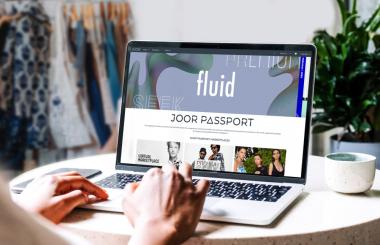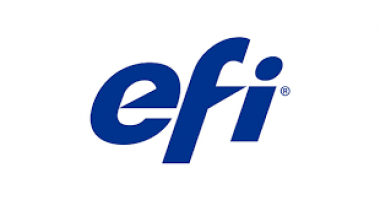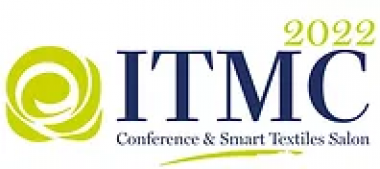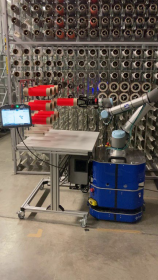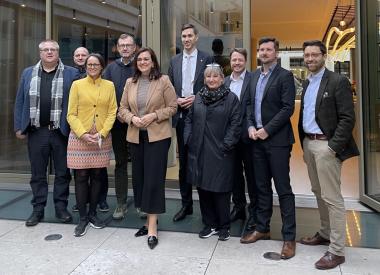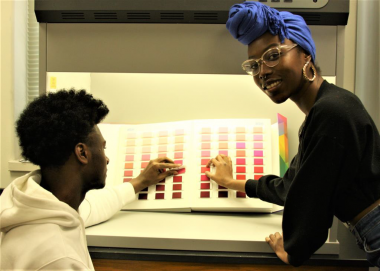PREMIUM GROUP & JOOR present hybrid Trade Fair Platform
Premium Group and JOOR have renewed their partnership to power the SS23 PREMIUM and SEEK trade shows through JOOR’s digital platform, underpinning their belief in the power of a hybrid approach to wholesale.
From 7 - 9 July, buyers visiting the shows in Berlin will be able to learn more about and shop from exhibitors in a new hybrid way. Buyers can discover the full PREMIUM and SEEK portfolio of brands both in-person and online 24/7 by visiting JOOR Passport, JOOR's digital trade show destination.
Premium Group unites its various show locations to one cosmos for SS23 at Messe Berlin. The PREMIUM and SEEK shows will be joined by two further components— The Ground is a D2C creative platform for brands and consumers to meet, connect, and collaborate through one-of-a-kind experiences, engaging content, and innovative products, while FASHIONTECH, features masterclasses and panel discussions from the fashion industry’s most brilliant minds. A calendar of content includes deep dives into strong, successful, and sustainable strategies. As part of the content offer, JOOR will facilitate a masterclass on ‘Digital Wholesale’ and a future-looking roundtable discussion with four leading fashion brands on the FASHIONTECH stage.
Throughout the duration of the show, in-person buyers and visitors will have the ability to shop via the Premium Group mobile app. By simply scanning a brand’s corresponding QR code, visitors will link to the brand’s custom profile on JOOR Passport and be able to shop collections directly on the platform. JOOR Passport will also extend the duration of the shows by up to three months, allowing brands to continue wholesale selling digitally outside the window of the physical show.
JOOR and Premium Group’s flexible hybrid format allows visitors and brands a seamless digital and physical introduction to each other and their collections, the opportunity to connect in an efficient, effective, and longer term way, and the convenience to shop the show 24 hours a day from anywhere in the world.
Brands participating include Drykorn, Closed, Bertoni of Denmark, Veja, Ecoalf, Wrangler and Absolut Cashmere.
Premium Exhibitions GmbH


